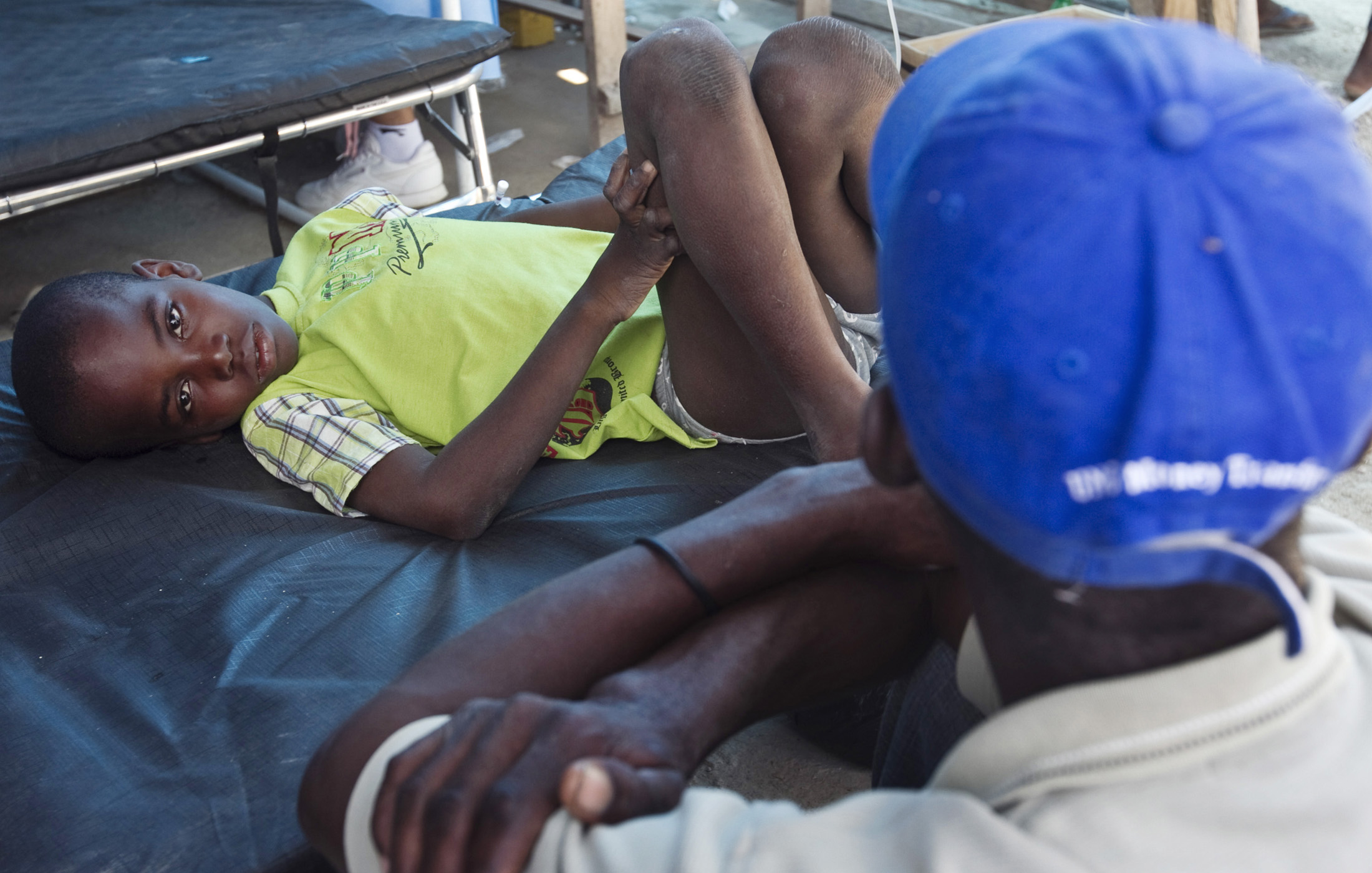Five to read:
We all know what war does to a country and South Sudan has been verily torn apart since conflict erupted there in 2013. But what is the economic cost of war? According to a new report by economics consultancy Frontier Economics, if South Sudan’s conflict continues for another five years, it could cost the country more than US$22.3billion - the equivalent of 85 years of the country’s current education budget. Written in collaboration with the Centre for Peace and Development Studies (CPDS) at the University of Juba and the Centre for Conflict Resolution (Uganda) the report also highlights the financial impact of the instability on neighbouring Ethiopia, Kenya, Sudan, Tanzania, and Uganda.What have indicators ever done for us?
Indicators… the subject of most aid workers’ recurring nightmares. This blog post from the team at AidLeap acknowledges the importance of monitoring but suggests that indicators should not become the be all and end all because while they tell you some things, they don’t always reflect qualitative data or unexpected information. With donors – and their targets – increasingly dictating where aid goes, it’s no surprise that indicators are king, but is it time to challenge the obsession with micro data and focus on the bigger picture?
Eighty four percent of Syrian refugees in Jordan – around 523,000 individuals – live outside of formal refugee camps, scattered across urban and rural communities. According to this new report produced by the UN Refugee Agency (UNHCR), two out of three Syrian refugees in Jordan are living below the Jordanian absolute poverty line of 68 Jordanian Dinars per person per month (US$96). Based on 41,976 interviews of refugee households, the report presents a grim and detailed picture of urban refugee living and includes personal accounts from families.
15 minutes to leave: Denial of the right to adequate housing in post-quake Haiti
This week was the five-year anniversary of Haiti’s 2010 earthquake – and subsequent cholera outbreak - and the world solemnly remembered the more than 220,000 who died and the more than one million who were made homeless. But the lingering question across nearly all the anniversary coverage was where did the US$13.5billion of aid money go? Amnesty International reports on the growing trend of forced evictions from displacement camps and how the misery of many quake victims is far from over.
Yemen is in the news after Al Qaeda in the Arabian Peninsula (AQAP), which is based in southern Yemen, claimed ‘responsibility’ for the CharlieHebdo attack in Paris. But while the world turns the Arab state into a new bogeyman, it’s worth remembering that AQAP also kills at home. In December AQAP took the lives of 15 schoolgirls when an improvised explosive device (IED) blew up their school bus as it passed through a checkpoint, an event which received little global media coverage. This update from the UN Office for the Co-ordination of Humanitarian Affairs (OCHA) explains the security situation in the country as well as laying out the key humanitarian challenges.
Coming up:
Putting people first: lessons on accountability to affected populations from Typhoon Haiyan
After the storm comes the evaluation. On Tuesday 20 January Typhoon Haiyan and the relief response will be under the spotlight at the Overseas Development Institute in London for the launch of the latest edition of the Humanitarian Exchange, which focuses on the Philippines’ worst natural disaster in recent memory. A panel of experts will include representatives from Plan International, GIZ, CDAC Network and Action Aid. Discussion will include ways to build a culture of accountability for affected populations, how to enhance two-way communications with communities, and how to ensure that early-warning systems are communicated effectively to those most at risk. Starting at 10.30am GMT the event will be live-streamed on the ODI website.
From IRIN:
Uneven Distributions: What we talk about when we talk about Ebola





